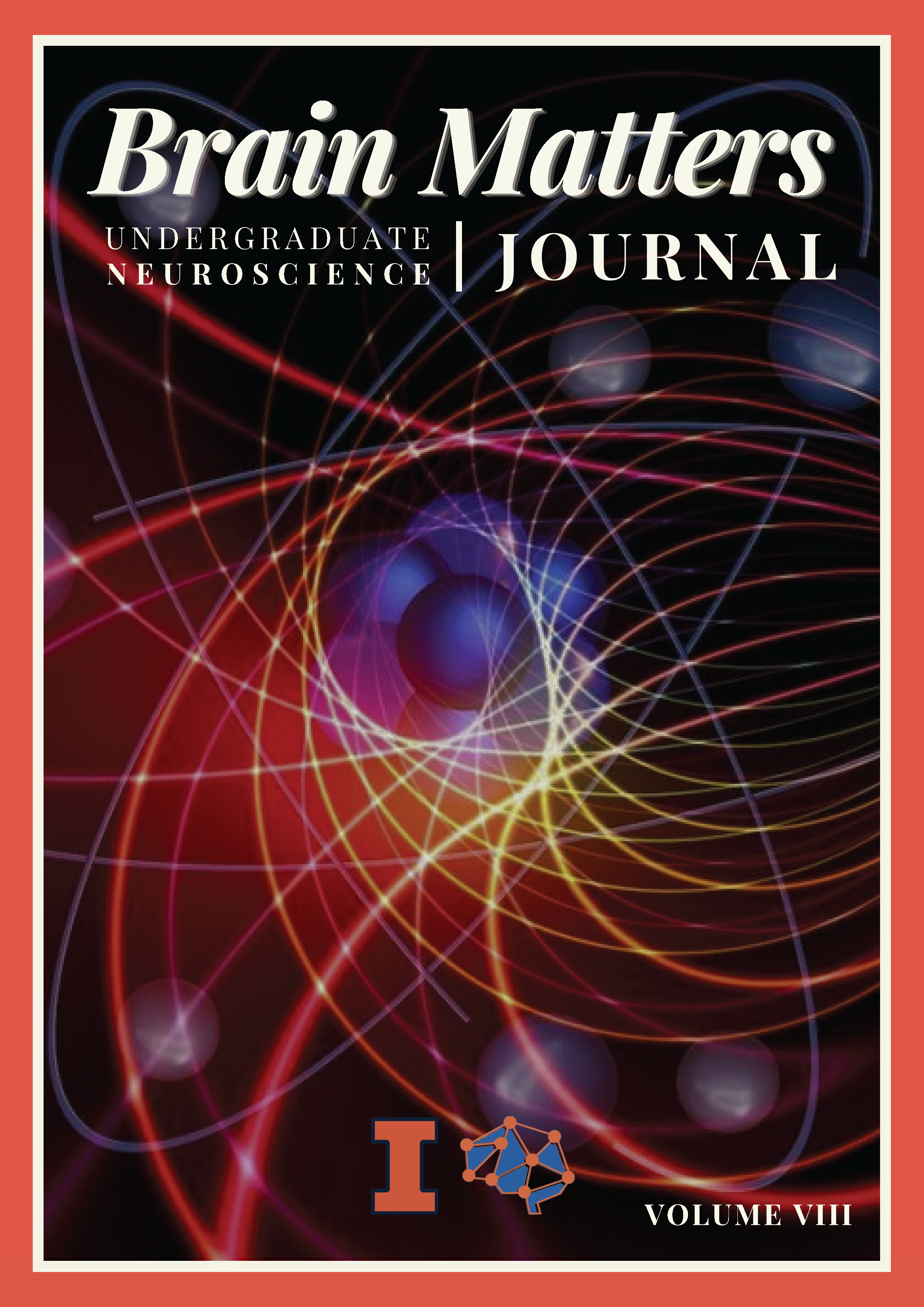Pathophysiology of Postpartum Depression: Etiology and Interplay of Structural and Functional Brain Changes
Main Article Content
Abstract
Postpartum depression (PPD) affects a significant portion of new mothers, leading to severe disruptions in maternal mental health, such as persistent feelings of sadness, anxiety and emotional numbness. These symptoms not only hinder the mother’s well-being but also interfere with critical maternal-infant bonding and early caregiving, which can have lasting developmental consequences for the child. Despite the well-documented emotional and cognitive consequences of PPD, the neurobiological mechanisms underlying this condition remain are still not fully understood. Structural and functional brain alterations in areas such as the prefrontal cortex (PFC), hippocampus, and amygdala have been implicated in the development of PPD. Neuroimaging studies offer promising insights into the brain changes associated with this mood disorder. Understanding these modifications could pave the way for earlier identification and more targeted interventions to improve maternal mental health outcomes.
Article Details

This work is licensed under a Creative Commons Attribution-NonCommercial-ShareAlike 4.0 International License.

